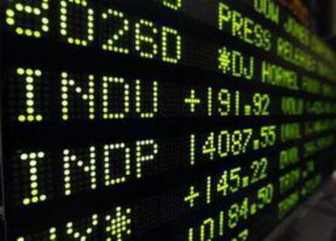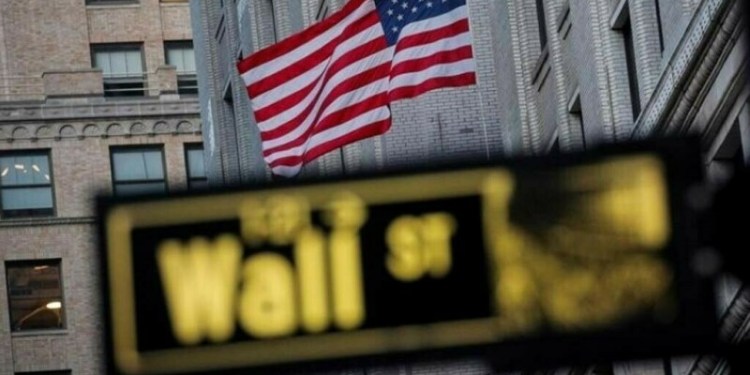 By Chikako Mogi
By Chikako Mogi
TOKYO (Reuters) – Asian shares fell further on Friday, weighed down by worries over the risk of a recession in the world’s largest economy as the United States faces a looming fiscal crisis, while Europe still awaits a bailout for Greece, keeping investor risk appetite subdued.
Global stocks fell overnight on worries about Washington’s ability to resolve the “fiscal cliff” in a timely manner before nearly $600 billion worth of spending cuts and tax increases kicks in early 2013 unless a compromise is reached to cut the deficit. There is also the issue of a debt ceiling, which needs to be raised to avoid a government shutdown.
A recession in the United States, which had recently defied a general trend in other parts of the world by showing signs of a modest recovery, could drag the global economy down further.
The Standard & Poor’s 500 index dropped for a second day and closed below its 200-day moving average for the first time in five months on Thursday, signalling a weaker trend. It closed down more than 1 percent at its lowest since August 2.
MSCI’s broadest index of Asia-Pacific shares outside Japan was down 0.5 percent, after sliding 1.3 percent on Thursday for its biggest one-day percentage drop in two months.
Australian shares slipped 0.8 percent, with big banks and miners dropping after losses on Wall Street. South Korean shares opened down 1.1 percent and Japan’s Nikkei average also opened down 1.1 percent.
“Since the (U.S.) election, investor attention has turned to the U.S. fiscal cliff and the ongoing European financial situation,” said Kim Soo-young, an analyst at KB Investment & Securities.
“The main board is seen mirroring the drop in U.S. stocks last night, remaining mostly rangebound due to these macroeconomic risks,” he said of Seoul shares.
As investors reduced exposure to risk assets, bids for safety lifted such assets as U.S. Treasuries, pushing the benchmark 10-year yield down to 1.618 percent from Wednesday’s 1.644 percent.
The dollar hovered near a two-month high against a basket of major currencies of 81.001 hit on Thursday, benefiting from rising demand for Treasuries on the back of the looming U.S. fiscal crisis.
Against the general bearish sentiment, China reports several pieces of data for October this session, including fixed-asset investment and industrial output, which will likely show the country recovering from its slowest period of growth since early 2009.
The euro remained pressured at $1.2741, just above a two-month low of $1.2717 touched on Thursday.
The euro was undermined after the European Central Bank kept rates on hold on Thursday, as expected, and its president, Mario Draghi, sounded downbeat on the euro zone economy and said he was ready to start new purchases of bonds.
More worrying signs about the European economy emerged after data showed German exports slid at their fastest pace since late last year, adding to evidence that the euro zone’s debt crisis has begun to inflict a heavy toll on Europe’s largest economy.
After winning parliamentary approval for a severe austerity package crucial to get an international aid, a coalition government in heavily indebted Greece still needs to pass the 2013 budget in a vote expected on Sunday.
Spain, on the other hand, on Thursday successfully sold long-term debt to complete its 2012 issuance programme, giving the government breathing room to hold out before requesting international aid.
Gold rose to a three-week high of $1,734.81 an ounce on Thursday as investors continued to bet on easier U.S. monetary policy following President Barack Obama’s victory, and on demand for safety due to concerns about the U.S. fiscal woes.
Bullion was up 0.1 percent at $1,731.65 on Friday.
U.S. crude was down 0.1 percent at $85.05 a barrel.
(Additional reporting by Joyce Lee in Seoul; Editing by Chris Gallagher)
Source: Reuters


























